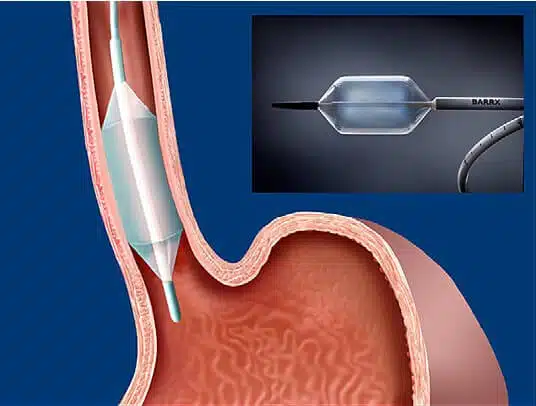Endoscopic radiofrequency ablation (RFA) to treat gastroesophageal reflux diseases (GERD) is our topic and along with this article, we are going to provide more information about this useful treatment method. A sensible use for endoscopic radiofrequency ablation therapy is in a patient with confirmed pathologic gastroesophageal reflux who presents with stomachache despite previous use of proton pump inhibitors. Any time a patient has regurgitation without a huge hernia; an endoscopic method might be considered for dealing with gastroesophageal reflux disease (GERD).
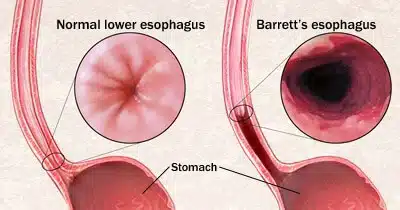
What endoscopic therapies are available for the treatment of GERD?
There are 2 types of endoscopic therapies that are currently being utilized:
- The Stretta (Mederi Therapeutics) devices
- The Eso-phyX (EndoGastric Solutions) devices.
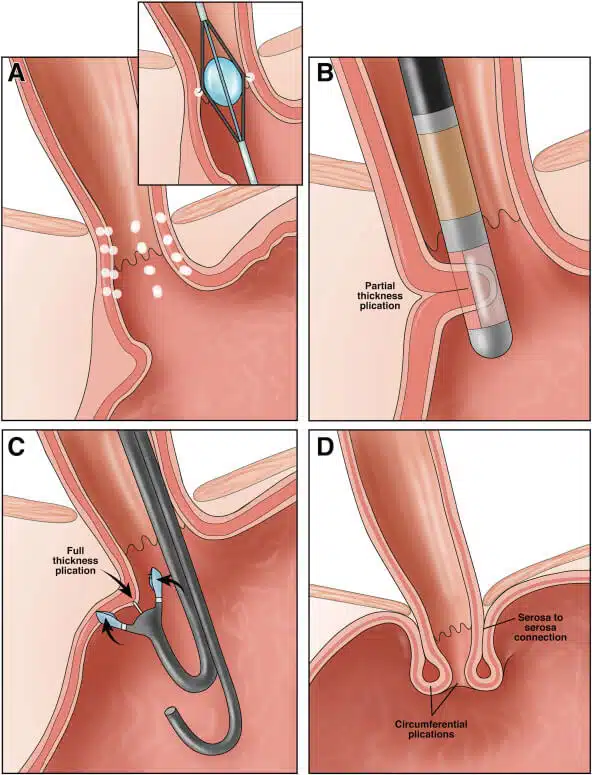
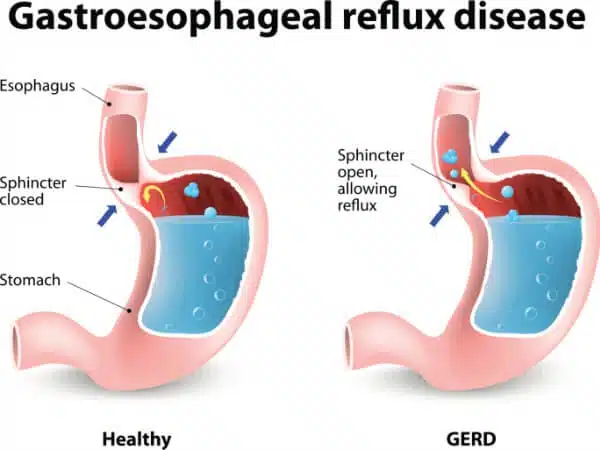
What are the challenges associated with treating GERD via an RFA?
The test for GERD is aimed at suggesting the best treatment method for the patient. Beyond looking at the pathophysiology of the patient’s problem and determining the role of acid reflux, the clinician needs to consider the expectations of the patient and how he or she wants to be treated.
That is an important factor that should be noticed. Certain patients can be quite calm with being on a PPI for their whole lives, while others disagree to take medicine for their whole lives. On the other hand, some of them do not accept experiencing surgery. When patients are in this situation, endoscopic therapy might be a good approach.
How will endoscopic radiofrequency ablation (RFA) to treat gastroesophageal reflux diseases (GERD) be performed?
- Firstly, the patient experiences a gastric endoscopy
- Secondly, the endoscopist notes the landmarks and treats the problems.
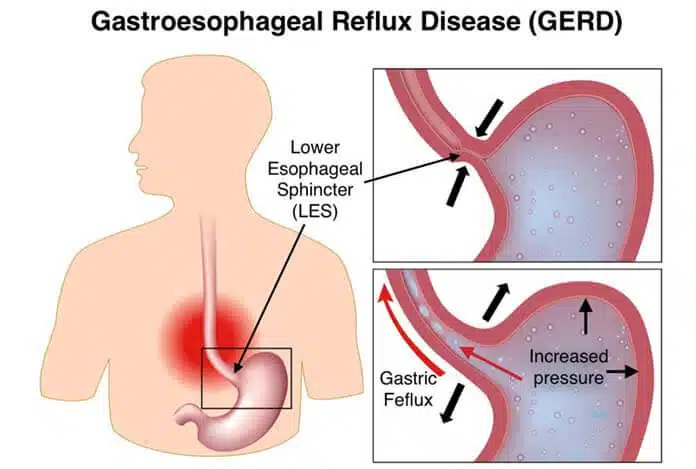
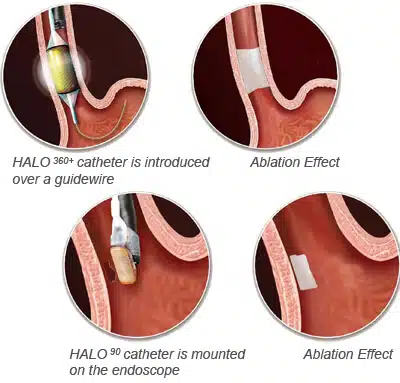
Who is the optimal candidate for this RFA procedure?
The best candidate for endoscopic radiofrequency ablation (RFA) to treat gastroesophageal reflux disease (GERD) is anyone with GERD who has gotten no benefit from PPI therapy. Some individuals are nervous about the surgery. We should mention that GERD is not life-threatening. Similarly, there are many patients who take a PPI therapy like omeprazole or pantoprazole and are not pleased, so they are interested to try this approach. Any patient with normal anatomy may be measured as a possible candidate for endoscopic radiofrequency ablation (RFA) to treat gastroesophageal reflux diseases (GERD).







